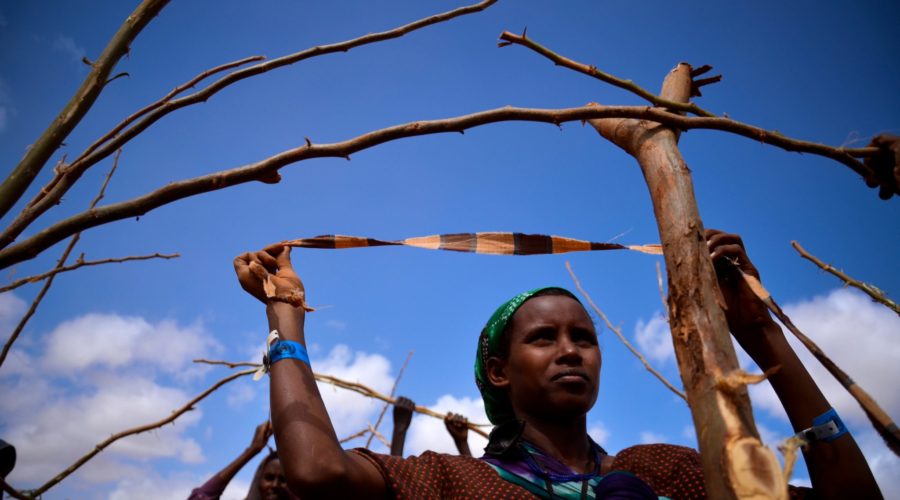The World Humanitarian Summit will be held on the 23-24 May 2016 in Istanbul. The Summit is based on Secretary-General Ban Ki-moon’s report ‘One Humanity, Shared Responsibility’, and has as aim to re-calibrate the direction of the broader humanitarian system for the next few years. The Secretary-General’s Agenda for Humanity calls on global leaders to commit to 5 core ‘responsibilities’ in the name of our shared humanity:
- Global leadership to prevent and end conflicts
- Uphold the norms that safeguard humanity
- Leave no one behind
- Change people’s lives – from delivering aid to ending need
- Invest in humanity
Grand Bargain – What are the potentials for strengthening hum assistance and protection?
The principles for the Grand Bargain emitted from the High Level Panel report on humanitarian financing. It proposes that the major donors and largest humanitarian organisations commit to make their spending more flexible, efficient, transparent and effective. The nature of humanitarian relief programmes requires humanitarian institutions to raise huge amounts of money from donors in order to deliver the adequate assistance in a timely manner to affected populations. However, with escalating needs (increased number of crises, longer duration of crises…), the financial strain on the humanitarian sector has increased, and the gap between needs of affected populations and ability to provide assistance has widened – there is currently a $15 billion gap to fill.
- There needs to be a better predictability of funding. Need to change the nature of our discussion with donors – need a series of grant funding to more financing – predictability, more of an investment, not just a grant. The nature of the discussion is, we need to provide, give evidence, that we are getting the best value for the money we are receiving – evidence is not just proof that we are doing something, but doing it in the best, most immediate, most transparent ways and that we are working with first responders at a local and national level in a more collaborative manner. Need to show risk assessment and risk analysis has been done.
- Effectively, a breakdown of the humanitarian-development divide: If you are an affected person, you do not make the difference between a humanitarian or development worker assistance – what you know is the assistance you get immediately, and the opportunities that are given to you build back and become autonomous again.
- If you get it right for girls and women, you get it right for humanitarian action, full stop. Need to design response that focuses not just on affected people, but girls and women first, is better for the community. In this vein, the Summit will also put a particular focus on gender equality.
A summary of this webinar is unfortunately not available. Please see the recording of the webinar below:



